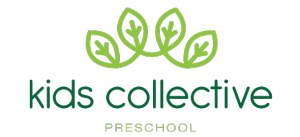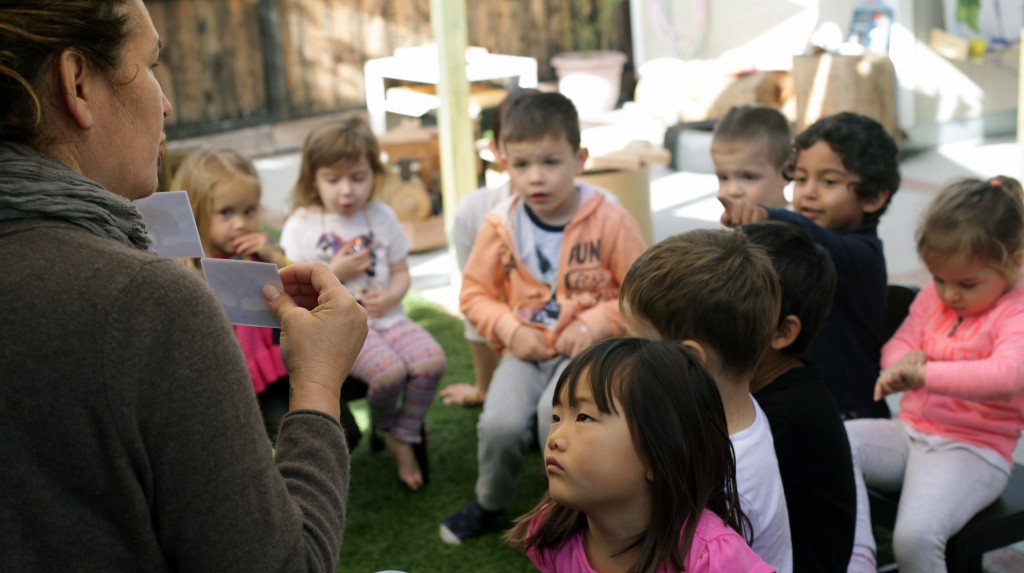For every child, the learning pathway begins within the family. Kids learn from what they see, feel and hear around them as well as from the way parents talk to their little ones. On the one hand, parents enjoy guiding kids, giving them instructions and warnings, when they might potentially get hurt physically or emotionally. On the other hand, they face hard time talking to their little ones, when feelings are concerned.
Good communication is an essential skill that goes far beyond mere words. It matters not only what parents say, but the way how they say it. “My kids don’t do what I say. Why is getting along with them so hard?” – parents complain and get annoyed at every little thing. The case is that they communicate without even realizing how their kids actually receive the message.
Children perceive everything parents say with both eyes and ears open. Smiles, looks, actions and even silence have a meaning. The way parents speak to children is showing how they want their kids speak back to them. Therefore, it is a crucial task for parents to communicate with words and feeling that are meaningful and actionable, but not painful and insolent.
Good Communication is Groundwork for Healthy Children’s Growth
Warm and friendly parent-children communication is a building block of all-encompassing preschool education. It is also a cornerstone of building happy families. Children need to feel loved and appreciated, and it is through open dialogue and listening that parents can convey their love, devotion and involvement to kids.
Good communication with kids is a foundation for developing their self-confidence and a feeling of self-worth. It is a mainstay of cooperation and mutual respect. And finally, it is a way to help kids see themselves as good communicators and maintain healthy and positive relationships with other people.
The other way to help children learn to listen is to listen first. Some kids need encouragement to give feedback and start conversation, whereas others tend to be desperate speakers all the time. Whatever kids are eager to speak about and whatever their parents are involved in at that moment, hearing and respecting each other’s feelings is a healthy balance that we all should strive for. Otherwise, kids will react exactly the way they were “taught” by their parents, responding with disobedience and anger to parent’s ignorance and aggressiveness.
Good communication with kids implies:
• Talking to children without lecturing, threatening and moralizing;
• Listening to children and encouraging them to talk;
• Responding in a way children can understand;
• Showing love and acceptance irrespective of what the child has done or not done.
Communication Tips for Parents
• Make listening to kids a priority
Listening is as important as talking to kids. Open and heartful communication with children is a good practice to build self-esteem and respect for others. Kids need an opportunity to express and share the thoughts and discoveries, when they were at the Montessori preschool, in a trip or in the playground. They should have practice talking about themselves and get appreciation at the end of the storytelling from the people who care.
By all means, it is natural that attentive listening is sometimes hard to afford – parents are often busy with all goings and doings throughout the day. In this case, it is good to allocate a clear time for conversation rather than pretend you are listening to your child, when you actually aren’t.
• Don’t interrupt
Interrupting children at play is a bad thing. Even when they play, they do the most important work for self-learning. Of course there are real-life situations, when parents should intermit kids’ activities: the bus is coming, the doctor is waiting or guests are about to arrive.
Such situations happen regularly. But what concerns the rest of the time, when parents need children, but can wait a short while, it is better to take some time and show them the same respect parents expect of their kids, when they are busy doing things.
• Make your requests clear and simple
It is important to stay brief and simple, when you make a request of your kids. Children can’t grasp all the information at once – rather, divide the overall message into pieces and make it more comprehensible. There should also be an agreeable timetable for all the things kids need to do – it might be in an hour, tomorrow or even in a week. But don’t expect and ask of your kid do everything right away.
• Speak kindly
Irrespective of the situation that takes place, parents should always stick to polite and gentle words. Kids treat parents as role models imitating their speech and behavior. Therefore, they need kindness and respect to be able to become kind and respectful to others. Kind and polite requests communicate an atmosphere, in which kids can share openly and be understood clearly.
• Close the gap
Minimizing the distance and maintaining an eye contact while speaking with kids is essential to win their attention and make sure they are actually listening. To reach face-to-face contact with small kids, it is a good way to bend or kneel to their level, thus having the common ground with children. Through eye eye-to-eye interaction, parents let their kids know that they have them by their side and are fully interested in what they feel and say.
• Use do’s instead of don’ts
Telling children what they ought to do is better than saying what they shouldn’t do. “Do” statements communicate a positive attitude and are better to comprehend by young kids. Best practices in preschool education suggest treating and speaking to kids as if you speak to your close friend. This helps them set on the path to maintaining meaningful communication and building strong relationships with peers and adults.
Listening and talking are two essential connectors that establish warm and long-lasting relationships between parents and children. The Reggio and Montessori combined preschool program for 3 year olds makes focus on children’s feelings, interests and concerns. At Kids Collective, we believe that listening and speaking openly to kids is a way to understand them correctly and help them grow into adults with a positive towards themselves and other people.





